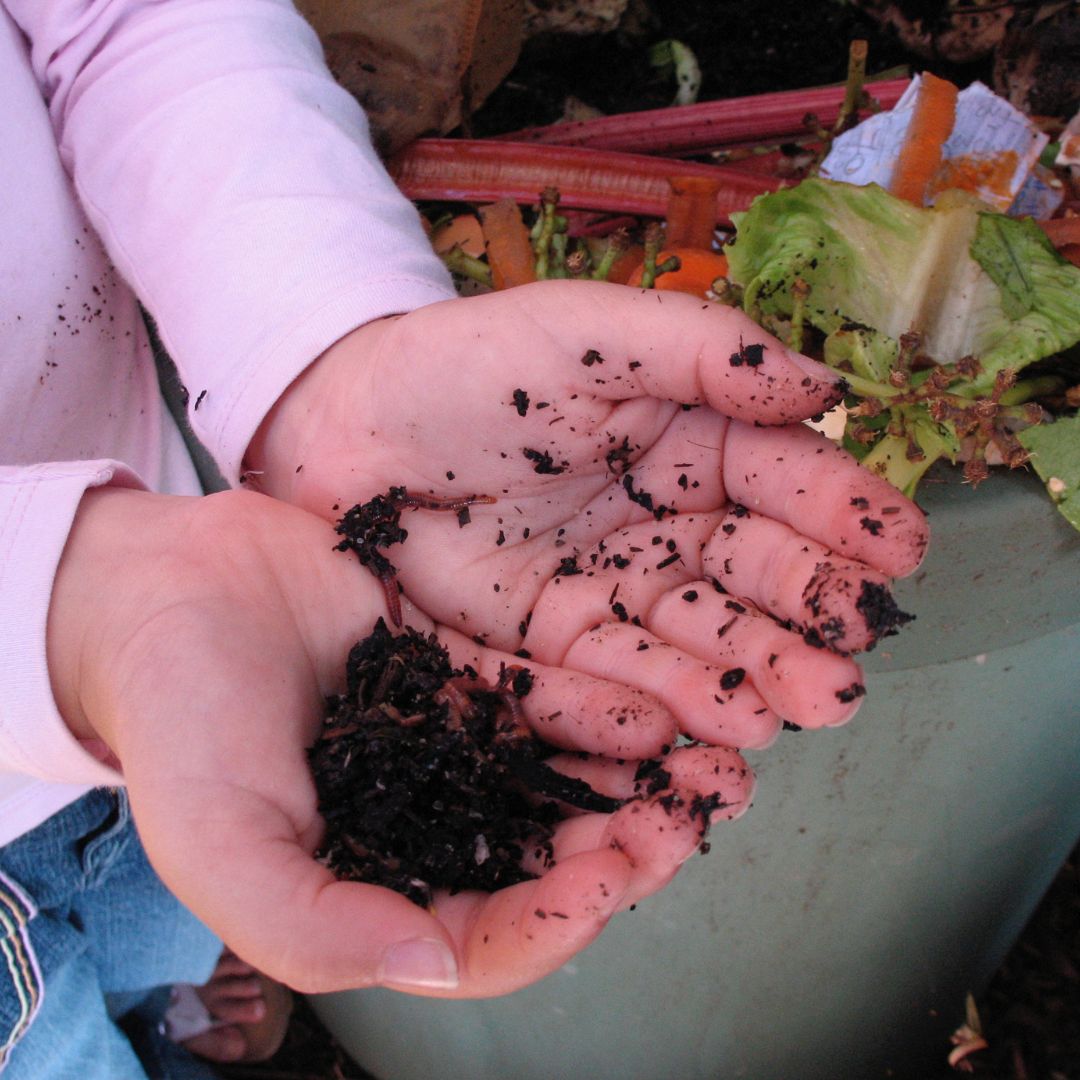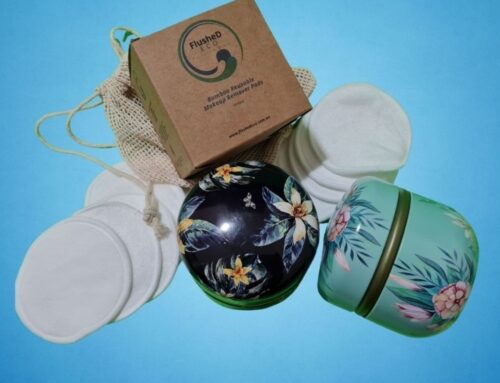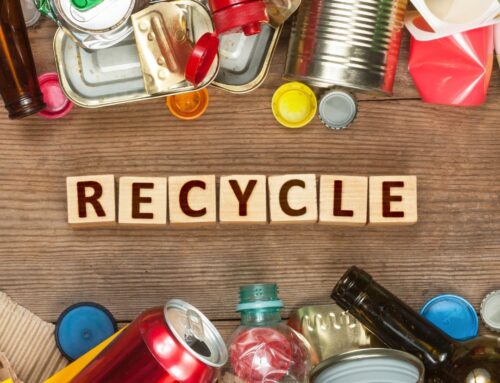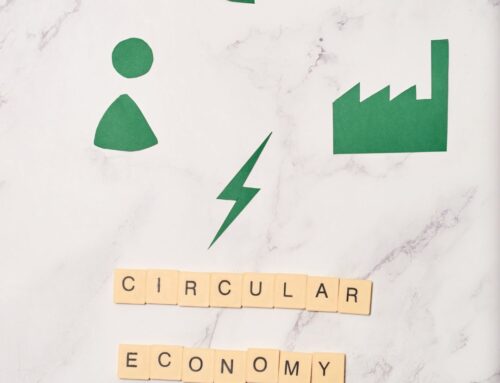A Step-by-Step Guide to Composting for Beginners
Composting is one of the simplest and most effective ways to reduce plastic waste and live a more sustainable lifestyle. Not only does it divert organic waste from landfills, but it also has a host of other benefits for the environment and your community.
In this blog post, we’ll explore the benefits of composting and how you can get started in your own backyard. If you like, you can check out our composting kits to get started at home.
What is Composting?
Composting is the process of breaking down organic matter into nutrient-rich soil. This process occurs naturally in the environment, but you can also create a compost pile in your own backyard. By adding organic matter like food scraps, yard waste, and leaves to your compost pile, you can create a rich soil amendment that can be used in your garden.
There are several different types of composting methods, including hot composting, cold composting, vermicomposting, and bokashi composting. The method you choose will depend on the amount of time and effort you want to put into your compost pile, as well as the materials you have available.
Benefits of Composting for the Environment
Composting has a number of benefits for the environment, including reducing greenhouse gas emissions and preventing soil erosion. When organic matter is sent to a landfill, it decomposes in the absence of oxygen, which produces methane, a potent greenhouse gas. By composting organic matter instead, you can help reduce greenhouse gas emissions and mitigate climate change.
Composting can also help prevent soil erosion by improving soil structure and increasing water-holding capacity. This can reduce the amount of runoff during heavy rain events, which can help protect nearby bodies of water from pollution.
Benefits of Composting for Your Garden
In addition to its environmental benefits, composting also has a number of benefits for your garden. Compost is a rich source of nutrients, including nitrogen, phosphorus, and potassium, which can improve soil health and increase crop yields. It can also improve soil structure, making it easier for plant roots to grow and access water.
Compost can also help reduce the need for chemical fertilisers, which can be harmful to the environment and expensive to purchase. By adding compost to your garden beds, you can provide your plants with the nutrients they need to thrive without relying on synthetic fertilisers.
How to Get Started with Composting
Getting started with composting is easier than you might think. To start your own compost pile, you’ll need a compost bin or a designated area in your yard for your pile. You can then begin adding organic matter like food scraps, yard waste, and leaves to your pile. Be sure to mix your compost pile regularly to ensure that it decomposes evenly and avoid adding meat, dairy, or fats to your pile as they can attract pests.
Common Composting Mistakes to Avoid
While composting is a simple process, there are a few common mistakes that can derail your efforts. Some of the most common mistakes include adding too much or too little water, not mixing your pile regularly, and adding non-compostable materials to your pile. To avoid these mistakes, be sure to follow the basic guidelines for composting and keep a close eye on your pile to ensure that it’s decomposing properly.
Conclusion
By composting, you can take a simple but powerful step towards reducing plastic waste and creating a more sustainable future. With the tips and resources in this blog post, you’ll be well on your way to living a more eco-friendly lifestyle. Whether you’re an experienced gardener or a beginner, composting is a great way to improve soil health, reduce greenhouse gas emissions, and promote a more sustainable lifestyle.





